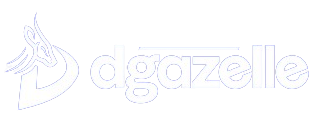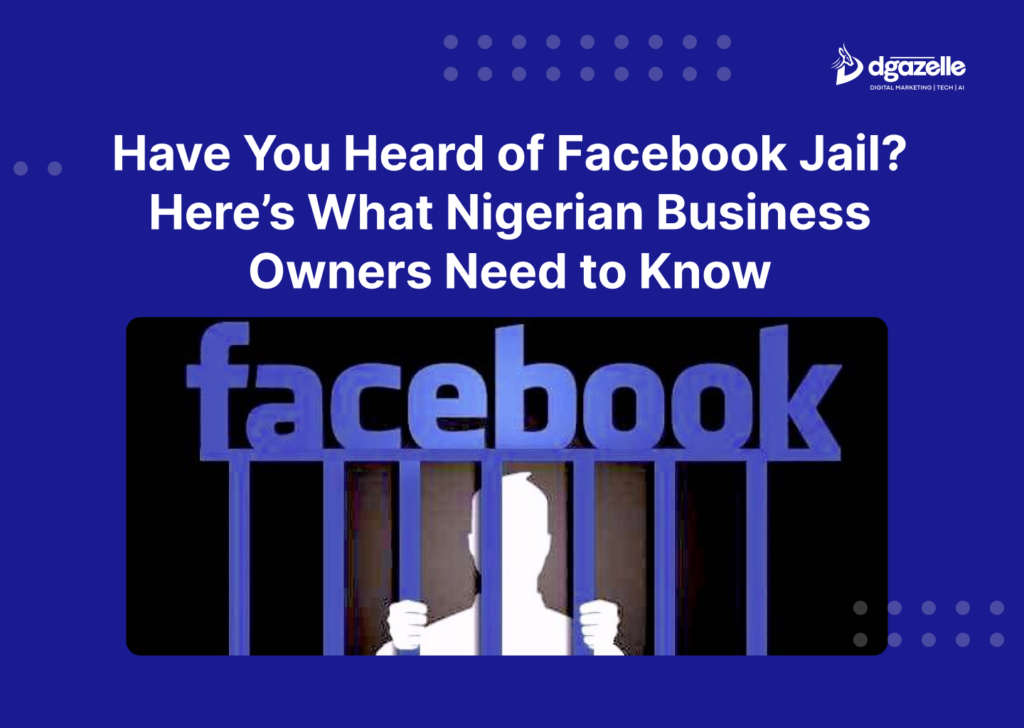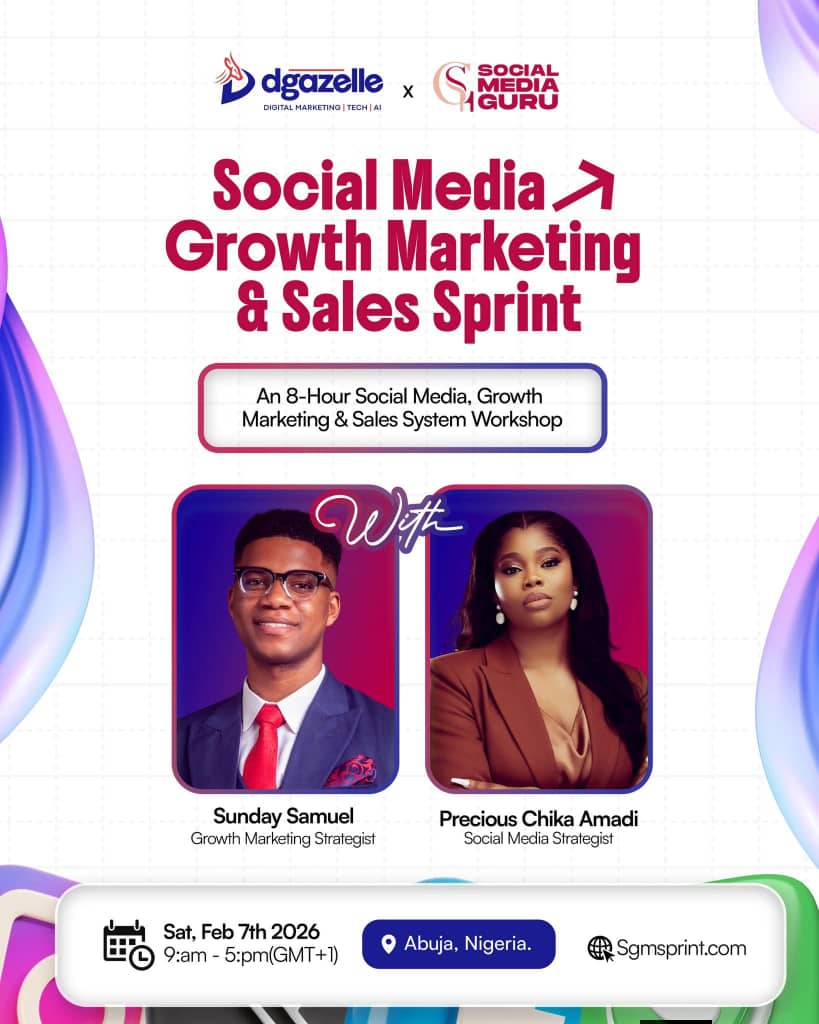Have you ever heard someone say, “My account is in Facebook jail!”? If not, don’t worry—it’s not as dramatic as it sounds. There are no iron bars or striped prison uniforms involved. But for business owners, it can feel just as restrictive. Facebook jail is what happens when users violate Facebook’s community standards, resulting in temporary restrictions that limit their ability to post, comment, or engage with others on the platform.
With social media now an essential tool for business growth, especially in Nigeria’s competitive market, being in Facebook jail can halt your marketing efforts and reduce your brand’s visibility. Facebook boasts over 2 billion daily users worldwide, making it a prime platform for reaching potential customers. But with great reach comes strict rules. To maintain a safe and positive environment, Facebook actively monitors and punishes users who violate its guidelines, putting them in “jail.”
This article explores what Facebook jail is, how it can impact your business, and practical steps you can take to avoid it. Plus, if navigating Facebook’s rules seems overwhelming, Dgazelle’s expert social media management services can help you stay compliant while growing your brand online.
What is Facebook Jail?
Facebook jail is a major concern for businesses relying on the platform to promote and sell products or services. It happens when Facebook restricts an account due to violations of its community standards, affecting visibility and engagement. For Nigerian business owners, this could mean a temporary halt in sales or a damaging blow to brand reputation. Even minor mistakes can lead to account suspension or, worse, permanent deletion. That’s why it’s crucial to understand how Facebook jail works and how to avoid it.
Facebook jail penalties vary in severity. They can range from temporary restrictions, like being unable to post or comment for a few hours, days, or weeks, to more severe consequences, such as permanent removal of your account or business page.
There are two main types of blocking:
- Temporary Blocking – This is a suspension for a set period, lasting up to 21 days. After the ban, you regain full account access.
- Permanent Blocking – This is more severe. Facebook permanently deletes your account, and you lose all access without any recovery options.
For Nigerian businesses relying on Facebook for marketing, understanding these consequences is essential. To safeguard your online presence, consider partnering with Dgazelle’s social media management experts who can help you navigate Facebook’s guidelines and keep your account active.
Why Does Facebook Put People in Jail?
On September 17, 2019, Facebook introduced stricter measures to combat hate speech, extremism, and misinformation. These policies aim to maintain credibility, security, and community integrity. While the restrictions can be frustrating, they are designed to create a safe environment for users.
For business owners, it’s crucial to stay compliant to avoid disruptions in marketing and sales. This is where Dgazelle’s expertise comes in handy—ensuring your content aligns with Facebook’s policies while effectively reaching your audience.
How Do You Know If You Are in Facebook Jail?
There’s no need for third-party tools to find out if you’re in Facebook jail. You’ll notice the following signs:
- Inability to like, comment, or post on your account.
- Restricted access or a complete lockout upon login.
Facebook’s policies are constantly evolving, and even minor violations can trigger penalties. If you find yourself in this situation, take the necessary steps to appeal or resolve the issue. In severe cases, you may need to reach out to Facebook’s support team for help.
Don’t let Facebook jail stall your business growth! Dgazelle’s social media management services help Nigerian business owners stay compliant and active, ensuring uninterrupted engagement and visibility. Reach out today to safeguard your online presence.
Top Reasons for Being Put in Facebook Jail
Several actions can land you in Facebook jail, especially if you’re using the platform to promote your business. Here are the top reasons:
- Sharing Inappropriate Content – Facebook has strict policies against nudity, explicit content, and provocative material. Posting such content, even unintentionally, can lead to an immediate suspension.
- Hate Speech and Threats – Any form of hate speech, threats, or harassment towards individuals, groups, or communities is strictly prohibited. Even if it’s meant as a joke, it can trigger a ban.
- Spamming – Posting repetitive or irrelevant content, especially in multiple groups, can be flagged as spam. This includes excessive promotional posts, unsolicited direct messages, or frequent link sharing.
- Fake or Plagiarized Content – Facebook values originality. Sharing fake news, rumors, or plagiarized content not only affects your credibility but can also result in account suspension.
- Overposting in Groups – Posting too frequently in multiple groups within a short period is considered spammy behavior. Facebook may interpret this as bot activity and restrict your account.
- Violating Community Guidelines – Facebook’s guidelines are continually updated. Even unintentional violations, such as using restricted words or phrases, can lead to temporary or permanent bans.
For Nigerian business owners, these restrictions can significantly impact visibility and sales. To avoid Facebook jail and keep your account safe, it’s essential to follow best practices and guidelines.
What Happens When You Get Banned from Facebook?
Finding yourself in Facebook jail can be frustrating, especially for business owners relying on the platform for marketing. When banned, you’ll lose the ability to post, comment, like, or even access your account, depending on the severity of the violation. For business pages, this means no engagement, no sales, and no customer interaction.
The duration of the ban varies:
- Temporary Blocking – This can last from a few hours to 30 days. During this period, you’re restricted from performing specific actions like posting or messaging.
- Permanent Blocking – This is the harshest penalty, where your account is permanently deleted, with no chance of recovery. This is a nightmare for businesses that have invested time and resources in building their brand on Facebook.
After serving your time in Facebook jail, you may experience a probation period of about 7 days, where your activities are closely monitored. Any slight violation during this period can lead to another suspension.
How to Come Out of Facebook Jail
If you believe your account was banned by mistake, you can:
- File an Appeal – Request a review from Facebook. If successful, your account’s functionality will be restored.
- Create a New Account/Page – If permanently banned, your only option might be to start afresh, but this means losing all previous followers and engagements.
Ways to Avoid Facebook Jail
- Set a Frequency of Sharing Posts
Avoid posting the same content multiple times in quick succession. Schedule posts with a social media scheduling tool to maintain consistency without triggering spam alerts. - Don’t Use Plagiarized Content
Share original content to maintain credibility and avoid copyright issues. Even with stock images, check for licensing restrictions. Originality also applies to videos, text, and links. - Avoid Unnecessary Tagging
Tag people only when relevant. Randomly tagging users or sending bulk friend requests can be marked as spam, leading to account suspension. - Stay Away from Spamming Activities
Avoid sending promotional DMs in bulk, repetitive group posts, or unsolicited friend requests. Spamming damages your credibility and risks account suspension. - Block Harmful Users
Identify and block users who might falsely report your posts, like competitors. This prevents unnecessary reports and potential account restrictions. - Watch the Speed of Liking and Commenting
Avoid excessive liking and commenting, which Facebook’s algorithm may flag as bot activity. Maintain a natural engagement pace to stay safe. - Limit the Number of Posts per Day
Posting 5-6 times daily is sufficient for engagement. Bombarding followers with excessive posts risks being marked as spam. - Shorten Your Links
Use link shorteners like Bit.ly or Goo.gl to avoid repetitive, spammy-looking URLs. Shortened links are cleaner and reduce the risk of being flagged.
Conclusion
Facebook jail is something that you’d not want to get into. The only way to avoid it is to use the platform wisely. Especially when you are using Facebook group for business, it is advised that you go through the terms and conditions thoroughly. It will help you in forming the right strategy to post and fill the loopholes.
To put it in a nutshell, space out your posts evenly throughout the day, don’t upload more than 5-6 posts per day, avoid spamming activities, shorten your links, and schedule posts in advance so that you can save time spent in uploading posts manually.
Need help navigating Facebook’s rules while effectively promoting your business? Dgazelle’s social media management services ensure compliance and help you grow your brand without the risk of bans. Contact us today to safeguard your online presence.








